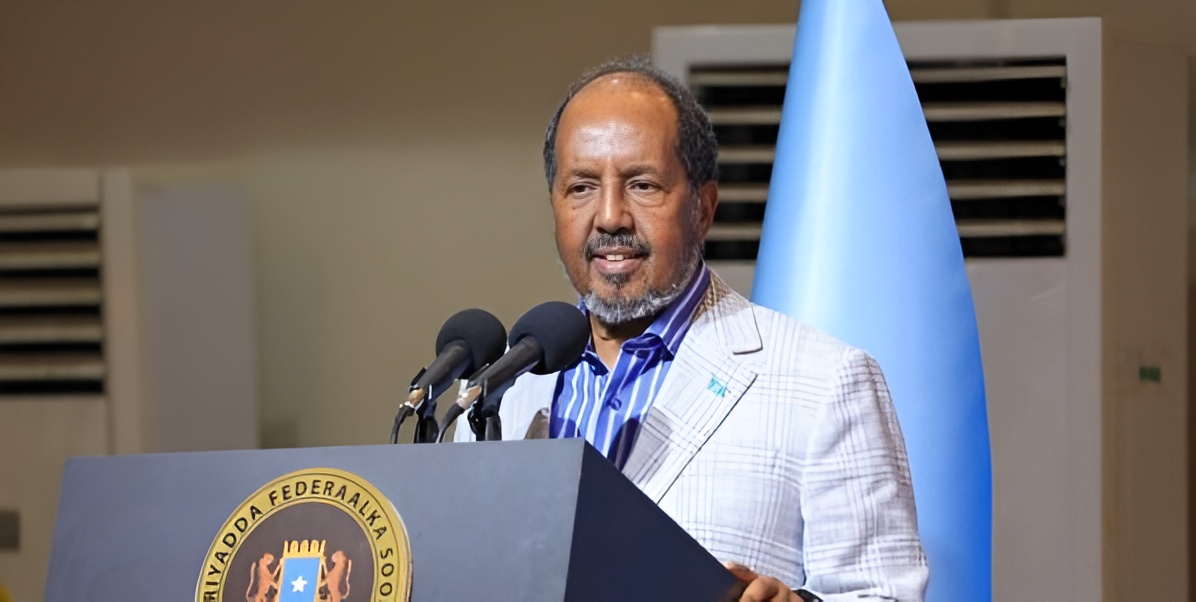Blow to State as court declares eCitizen Sh50 charge illegal, halts mandatory school fee payment via platform

The High Court ruling by Justice Chacha Mwita had quashed a circular compelling parents to pay school fees exclusively through eCitizen and found that the Sh50 convenience fee lacked legal basis, was discriminatory, and had been imposed without public participation.
The government’s push to reinstate the payment of school fees via the eCitizen platform has suffered a major setback after the Court of Appeal declined to halt a High Court judgment that struck down the mandatory use of the platform for school fee payments and declared the Sh50 convenience fee unconstitutional.
The matter came before the appellate bench led by Justice Daniel Musinga, who is the Presiding Judge of the bench and the President of the Court of Appeal.
More To Read
- Kenyans can now gain access to over 22,500 government services on eCitizen platform
- Uwezo Fund disburses Sh2.2 million to 14 community groups in Kamukunji
- Museums go fully digital as National Museums of Kenya unveils new ticketing system
- AG advises Treasury CS to halt Sh50 e-Citizen convenience fee following High Court order
- Ruto says fibre-optic growth powering faster eCitizen services and digital access
- KWS rolls out new ‘KWSPay’ system for seamless park payments
The judges dismissed the application filed by the National Treasury, the Ministries of ICT and Education, and the Attorney General, who had sought to suspend the High Court judgment issued in Petition No E059 of 2024.
"As regards public interest, we are of the view that it favours upholding the High Court's judgment. In this regard, we are mindful that continuing to collect a fee already declared unconstitutional would undermine the rule of law and burden citizens unlawfully. The greater public good lies in ensuring constitutional compliance, transparency, and access to government services without unauthorised charges, of course, pending the outcome of the intended appeal," they ruled.
The High Court ruling by Justice Chacha Mwita had quashed a circular compelling parents to pay school fees exclusively through eCitizen and found that the Sh50 convenience fee lacked legal basis, was discriminatory, and had been imposed without public participation.
In the request before the Court of Appeal, Treasury Principal Secretary Dr Chris Kiptoo argued that the intended appeal raised important legal issues, including the legality of the High Court’s reliance on Auditor General reports and the finding that the eCitizen platform did not have a clearly defined ownership structure.
The State insisted that eCitizen is fully government-owned and that the Sh50 charge was a lawful service fee necessary to sustain more than 15,000 digital services.
However, respondents, including Dr Magare Gikenyi, the Kenya Union of Post-Primary Education Teachers(KUPPET)and the Law Society of Kenya(LSK), opposed the request.
They accused the government of approaching the appellate court with unclean hands by continuing to levy the quashed fee despite the High Court orders. Dr Magare argued that the government would suffer no irreparable harm because the ruling did not invalidate the eCitizen platform but only outlawed an unlawful levy.
In its ruling, the Court of Appeal held that the government failed to satisfy the two requirements for relief under Rule 5 2 b of the Court of Appeal Rules. Although the intended appeal was arguable, the judges found that it would not be rendered useless if the stay was denied. They added that the alleged threat of digital service disruption was speculative and unsupported by evidence.
"Accordingly, it is our considered view that the intended appeal Republic of Kenya shall not be rendered nugatory if the stay sought is denied. The potential harm alleged is both speculative and, in our view, reversible," the court ruled.
With the application dismissed, the High Court orders remain in force.
Top Stories Today














































